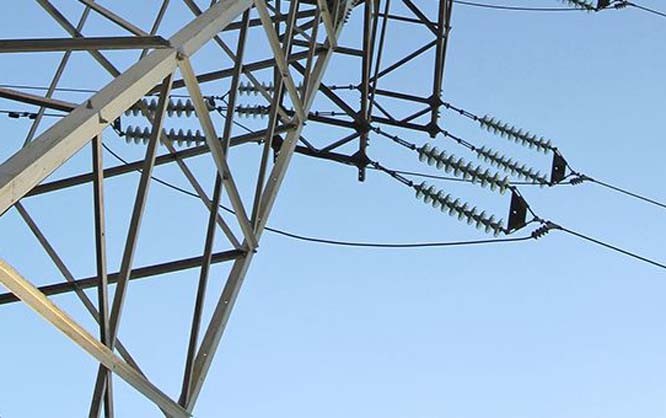
Subsidies for lower-income groups are a must but they need to be rationalised and linked to performance

Following the deal with the International Monitory Fund (IMF) to get $6b loan in three years, Pakistan is heading towards abolishing subsidies in various sectors, a step included in the IMF conditions.
Prime Minister’s advisor on Finance, Dr Abdul Hafeez Shaikh, soon after confirming the IMF-deal, said the government would put least burden on the poor and continue giving subsidies in different areas to deserving people. The government has assured the allocation of Rs 216 billion for electricity consumers using less than 300 units. While Rs 180 billion rupees will be allocated in the next budget to provide relief to the common man.
In order to ease the impact of inflation on the poor segments of society, the federal government spends a fairly large sum on providing power and food subsidies. In a country under heavy debt, the debate on maintaining subsidies in various sectors (power, agriculture, transport, etc) surfaces before budget preparations.
According to documents of the finance ministry, in the budget estimates 2017-18 subsidies were Rs 138.8 billion and in the revised estimates 2017-18 these were increased to Rs 147.6 billion due to increase in subsidy to power sector and subsidy to fertilizer. While total subsidies for fiscal year 2018-19 were estimated at Rs 174.7 billion, which increased by 25.9 per cent and 18.4 per cent.
In budget 2018-19, the allocation for subsidies to Water and Power Development Authority/ Pakistan Electric Power Company (WAPDA/PEPCO) formed the major component, which was 76.7 per cent of the total allocation followed by subsidy to PASSCO (Pakistan Agricultural Storage & Services Corporation) with share of 10.9 percent and (Karachi Electric Supply Corporation (KESC) with share of 8.8 percent. A total estimate of subsidies for budget 2018-19 is 0.5 per cent of Gross Domestic Product (GDP).
"We must support creating targeted subsidies and not for everyone and many sectors," says Dr Ashfaq Hassan Khan, senior economist. "Targeted subsidy is must for the poor in a country like ours."
He says low-price subsidies in the power sector (for consumers of less than 300 units) and other sectors, i.e, gas is the right strategy. Nearly 75 percent of the electricity consumers fall in this bracket. "Why should a poor state give across-the-board subsidies, which include affordable consumers?" he asks.
"When general consumers will come to know that people using less than 300 units electricity will get low-price many crossing that slab of units will try to conserve electricity to fall in the targeted subsidy bracket which will help in decreasing the load on that utility," Ashfaq views.
The federal government is also aiming to have no energy package that the previous government had extended to different industries. Reportedly, the IMF is not allowing any kind of subsidy for industries, which was being given by the government to boost exports. Critics of these subsidies say such measures are good to boost exports but these incentives should be made conditional to improvement over yearly basis.
This fiscal year the federal government also decided to save Rs4.5 billion in Haj subsidy and decided to charge full price from pilgrims. The government withdrew Rs4.5 billion financial assistance which it was paying as subsidy for the pilgrims.
Also read: The dollar debate
Abid Qaiyum Suleri, senior economist, executive director, Sustainable Development Policy Institute, and member Economic Advisory Council, says "Pakistan seriously needs to rationalise its subsidies and make them targeted for the needy or performance-based industry and productivity sectors."
He says "subsidies for the lower-income people are a must but they need to be rationalised and linked to performance. If an Industry fails to enhance its productivity, there is no need to waste money on that in the form of subsidy. Similarly, we need to rationalise subsidy in the petroleum sector. Across-the-board lowering of prices of fuel gives benefit to those who can afford."
Suleri emphasises that "while there is a need to identify targeted groups for subsidies while keeping the fiscal deficit in view, people should also be educated about the concept of giving subsidy and not allocate subsidies to various sectors after coming under pressure or to please them for political benefits."